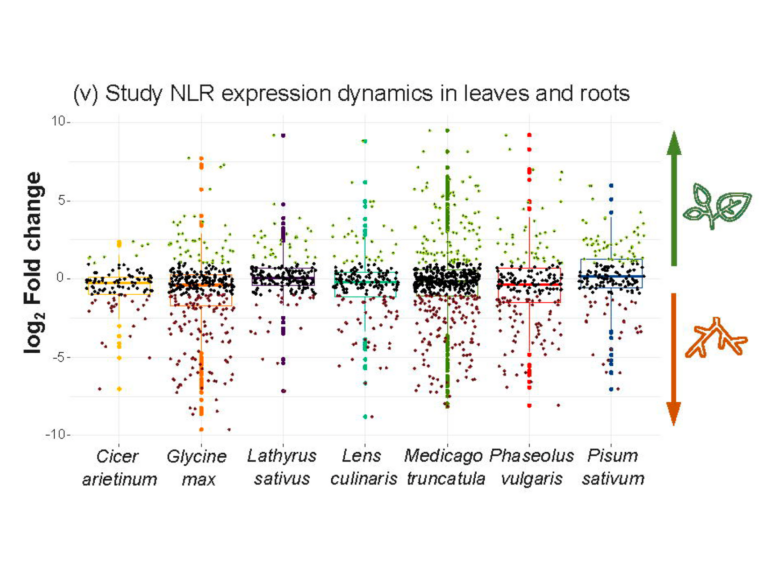RpoS contributes in a host-dependent manner to Salmonella colonization of the leaf apoplast during plant disease
Contaminated fresh produce has been routinely linked to outbreaks of Salmonellosis. Multiple studies have identified Salmonella enterica factors associated with successful colonization of diverse plant niches and tissues. It has also been well documented that S. enterica can benefit from the conditions generated during plant disease by host-compatible plant pathogens. In this study, we compared the capacity of two common S. enterica research strains, 14028s and LT2 (strain DM10000) to opportunistically colonize the leaf apoplast of two model plant hosts Arabidopsis thaliana and Nicotiana benthamiana during disease. While S. enterica 14028s benefited from co-colonization with plant-pathogenic Pseudomonas syringae in both plant hosts, S. enterica LT2 was unable to benefit from Pto co-colonization in N. benthamiana. Counterintuitively, LT2 grew more rapidly in ex planta N. benthamiana apoplastic wash fluid with a distinctly pronounced biphasic growth curve in comparison with 14028s. Using allelic exchange, we demonstrated that both the N. benthamiana infection-depedent colonization and apoplastic wash fluid growth phenotypes of LT2 were associated with mutations in the S. enterica rpoS stress-response sigma factor gene. Mutations of S. enterica rpoS have been previously shown to decrease tolerance to oxidative stress and alter metabolic regulation. We identified rpoS-dependent alterations in the utilization of L-malic acid, an abundant carbon source in N. benthamiana apoplastic wash fluid. We also present data consistent with higher relative basal reactive oxygen species (ROS) in N. benthamiana leaves than in A. thaliana leaves. The differences in basal ROS may explain the host-dependent disease co-colonization defect of the rpoS-mutated LT2 strain. Our results indicate that the conducive environment generated by pathogen modulation of the apoplast niche can vary from hosts to host even with a common disease-compatible pathogen.


